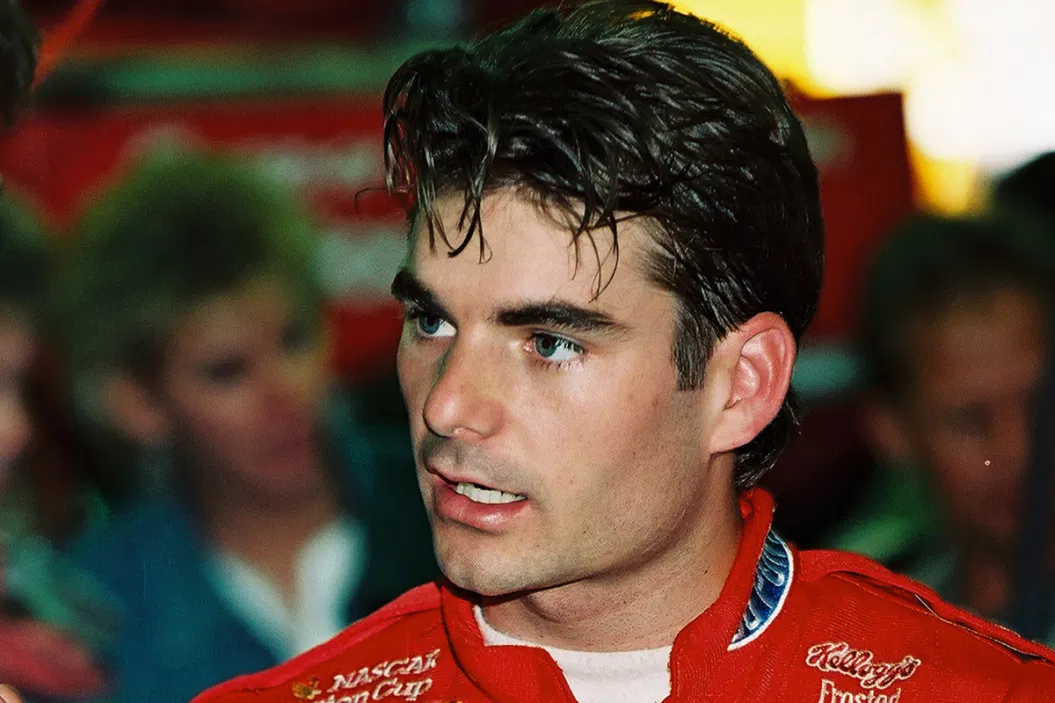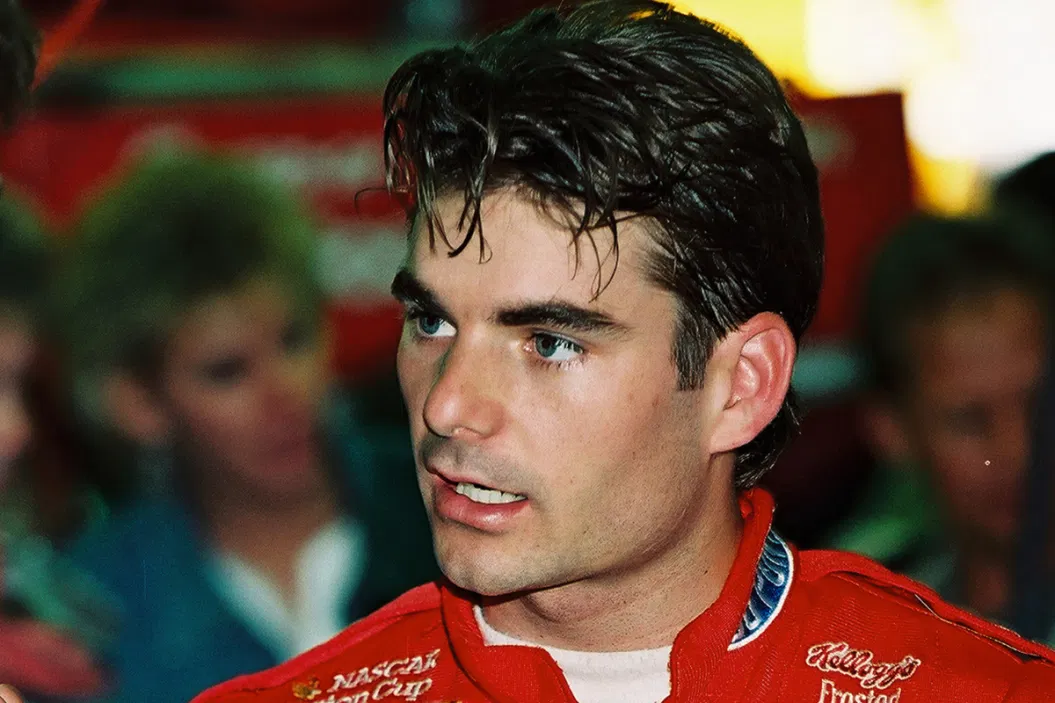
Imago
via Imago

Imago
via Imago

Imago
via Imago

Imago
via Imago
NASCAR’s charter system has turned into one of the hottest commodities in American motorsports. What started in 2016 as a way to give teams guaranteed entry into every Cup Series race has now exploded in value, with recent estimates putting a single charter at $35–$40 million, up from just a few million less than a decade ago. That’s a staggering climb, and it reflects both the limited supply (only 36 exist) and the stability they provide teams in a high-cost sport.
Watch What’s Trending Now!
As the Sports Business Journal reported in 2024, new teams like 23XI Racing and Trackhouse helped drive up demand by aggressively acquiring charters, while established giants like Hendrick Motorsports and Joe Gibbs Racing refused to part with theirs.
For context, these numbers now rival minor-league baseball franchises or mid-tier NHL teams in value, which is remarkable for what is essentially a “license to compete.” Critics argue the prices are unsustainable given NASCAR’s sliding TV ratings, but the $7.7 billion media rights deal beginning in 2025 has reassured investors that the revenue pipeline will stay strong. In other words, charters have become not just racing assets but long-term business bets on NASCAR’s future, and so far, people are still willing to pay big. And now, HMS’s top boss, Ray Evernham, also spoke about it.
Ray Evernham’s take on charters
Recently, while talking with Kenny Wallace, HMS legend Ray Evernham weighed in on the charter craze. “You don’t. You come to the front two things. You look at it as a businessman. In sports, you think okay if you spend $40 million? You know that NASCAR is a good business case and that charter’s going to get big, and you can make money at it. And I know that there’s a lot of argument going on, but you’re not going to spend $40 million if you know you can’t make money. That’s common sense, right?”
Evernham sees the $40 million price tag as a vote of confidence, not recklessness. Teams like 23XI and Trackhouse aren’t throwing cash away; they’re betting on NASCAR’s $7.7 billion TV windfall and the charter’s guaranteed entry, which keeps purses flowing. It’s a far cry from the 2016 launch, when charters traded for $2-6 million; now, they’re gold in a sport where 60-80% of budgets come from sponsors.
“So NASCAR’s future looks bright. When part of what I would like to see is that everybody has the right to make money. They’re right to make money. Everybody’s got a right to make money. Some of the, I’d like to see more of the DNA, like why did you race, fly, race. Just like we talked about, the F1 movie and all. It’s about the money,” he added.
Ray Evernham (@RayEvernham) on the current state of #NASCAR
From @Kenny_Wallace Conversations on KW YouTube Channel & @DirtyMoMedia podcast! pic.twitter.com/3sprljnCFK
— The Kenny Wallace Show (@KWallaceShow) October 2, 2025
Evernham’s balancing act, profit with passion, nails NASCAR’s tightrope. The sport’s $7.7 billion deal through 2031 locks in cash, but he wants that “why we race” soul back, like the F1 movie’s drama. Charters let teams like Hendrick (14 titles) and JGR stay dominant, but Evernham’s call for shared gains echoes smaller outfits like Spire, scraping by without the war chest.
“My opinion, NASCAR as a business is still going to continue to grow because as long as they said they had the first race when they built the second car, right? And as long as we’re still driving up and down the street in cars, people are going to go over some,” Evernham said.
He’s betting on NASCAR’s car-guy roots, stock cars mirroring everyday rides, to keep the growth humming. Despite 2025’s 2.52 million viewer average (down 13% from 2024), charters’ $40 million value shows investors see staying power. Evernham’s optimism, rooted in the sport’s blue-collar heart, ties to why teams like Trackhouse bet big on charters for long-term wins.
Evernham’s charter chat connects to the on-track grind, where drivers like Denny Hamlin chase legacy amid the financial stakes.
Gordon feels Hamlin’s pain, sees more wins
At Kansas, Hamlin led 159 laps but fell short, his power steering failure handing the win to Chase Elliott. Jeff Gordon, HMS vice chairman, empathized: “I can’t remember many of the ones I won, but I can tell you all the ones I lost. Those decisions haunt you, mis-shifts and bad choices on restarts, and whatever it might be, especially if it was on your watch or in your hands.” Gordon, with 93 wins and four titles, knows the sting of near-misses.
On Hamlin’s Wallace clash: “I don’t know what was going to happen there if Denny wrapped the bottom instead of kind of using Bubba up, but I still think Chase had a great shot at it because of the new tires and the run he had going into three.”
Gordon’s bullish: “Yeah, Denny’s having a great year. He signed a new contract. I don’t think he’s done winning.” Hamlin’s four 2025 wins, leading the field, make his Hall case ironclad, title or not. Evernham’s business optimism and Gordon’s driver empathy show NASCAR’s balancing act; charters fuel the future, but it’s the heart, like Hamlin’s, that keeps fans coming back.


